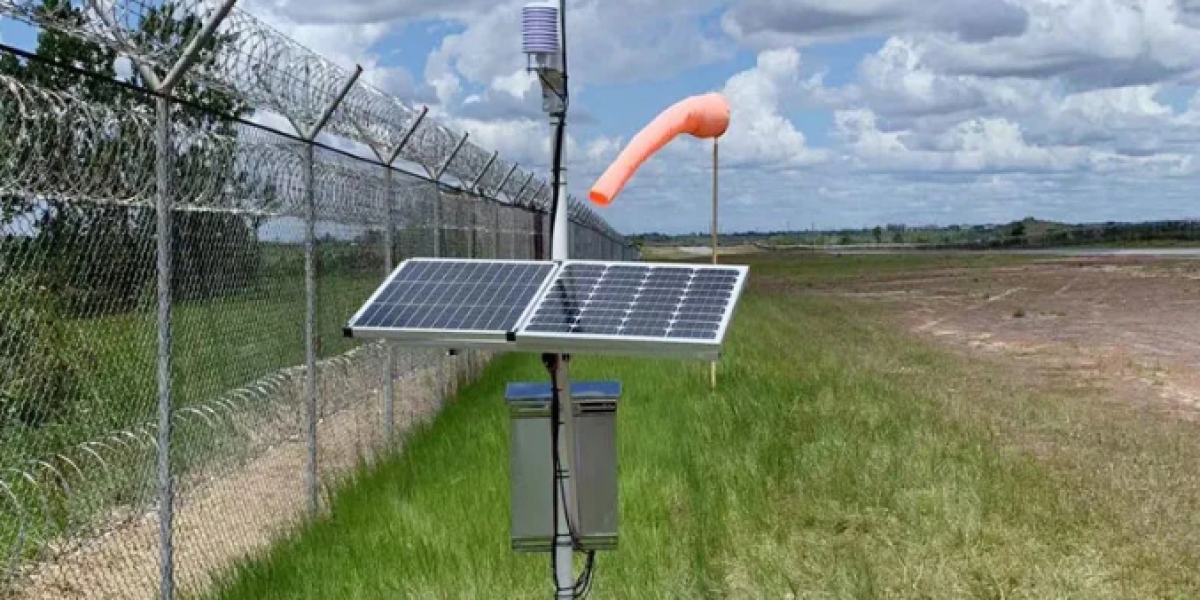Marine navigation relies on accurate weather data to ensure safe passage, avoid navigational hazards, and mitigate risks to ships and crew. Meteorological stations equipped with specialized weather station instruments play a crucial role in providing real-time weather information necessary for marine navigation and maritime safety. This article explores the significance of weather instruments in marine navigation and their contribution to enhancing navigational decision-making, voyage planning, and maritime operations.
Assessing Navigational Conditions
Weather conditions significantly impact navigational conditions at sea, influencing vessel stability, maneuverability, and course routing. Weather station instruments provide real-time data on meteorological parameters, including wind speed, wave height, and atmospheric pressure, which are critical for assessing sea state and weather conditions in maritime routes. Anemometers, wave buoys, and barometers installed at meteorological stations and coastal monitoring stations collect weather data essential for determining safe navigation parameters, such as maximum allowable wind speed, wave height limits, and route deviation options, enabling ship captains and maritime authorities to make informed decisions about voyage planning and route selection.
Forecasting Marine Weather
Marine weather forecasts provide essential information for voyage planning, route optimization, and risk mitigation in maritime operations. weather instruments help forecast marine weather by monitoring weather conditions conducive to marine hazards, such as storms, high winds, and rough seas. Temperature gradients, atmospheric pressure systems, and wind patterns influence the development and movement of marine weather systems, affecting sea state and weather conditions in shipping lanes and coastal waters. Meteorological stations equipped with specialized sensors provide data for marine weather forecasting models, enabling meteorologists and maritime authorities to issue weather advisories, navigational warnings, and route recommendations to ship operators and mariners navigating through hazardous marine conditions.
Avoiding Navigational Hazards
Navigational hazards, such as reefs, shoals, and submerged objects, pose significant risks to maritime safety, particularly in adverse weather conditions. Weather data collected by meteorological stations supports navigational hazard avoidance efforts by providing information on weather conditions affecting visibility, sea state, and vessel stability. Low visibility, rough seas, and strong winds can obscure navigational markers, increase collision risks, and compromise vessel maneuverability. Weather instruments help monitor weather conditions conducive to navigational hazards, enabling ship captains and maritime authorities to implement navigational restrictions, alter vessel routes, and deploy navigational aids to minimize the risks of ship groundings, collisions, and maritime accidents.
Enhancing Maritime Safety
Maritime safety is paramount for protecting ships, crew, and cargo from the risks of maritime accidents and environmental hazards at sea. Weather instruments play a vital role in enhancing maritime safety by providing real-time weather data for navigational decision-making and voyage planning. Temperature sensors, wave height monitors, and visibility sensors installed at meteorological station and coastal monitoring sites enable ship operators, maritime authorities, and port authorities to monitor weather conditions, assess sea state, and identify weather-related hazards in maritime routes and port approaches. By integrating weather data into maritime safety protocols and navigational decision support systems, stakeholders can enhance situational awareness, optimize vessel routing, and mitigate risks associated with adverse weather conditions and navigational hazards.
Conclusion
In conclusion, weather instruments are essential for marine navigation, providing critical data for assessing navigational conditions, forecasting marine weather, avoiding navigational hazards, and enhancing maritime safety. Meteorological stations equipped with specialized sensors enable ship operators, maritime authorities, and port authorities to understand the dynamics of weather-related hazards, anticipate weather impacts on maritime operations, and implement measures to ensure safe and efficient passage of ships at sea. By harnessing the power of weather station instruments and integrating weather data into navigational decision-making processes, we can enhance maritime safety, reduce the risks of maritime accidents, and promote a safer and more sustainable maritime transportation system for global commerce and trade.









